Even with much of the country on lockdown, stay-at-home orders still permit grocery shopping. This means that lots of people are still hauling out to Trader Joe's or Rouses to stockpile food and toilet paper. So, if there are so many doing this at the same time, how can we stay safe while we shop during the pandemic? What do we do when we bring the groceries back to our homes?
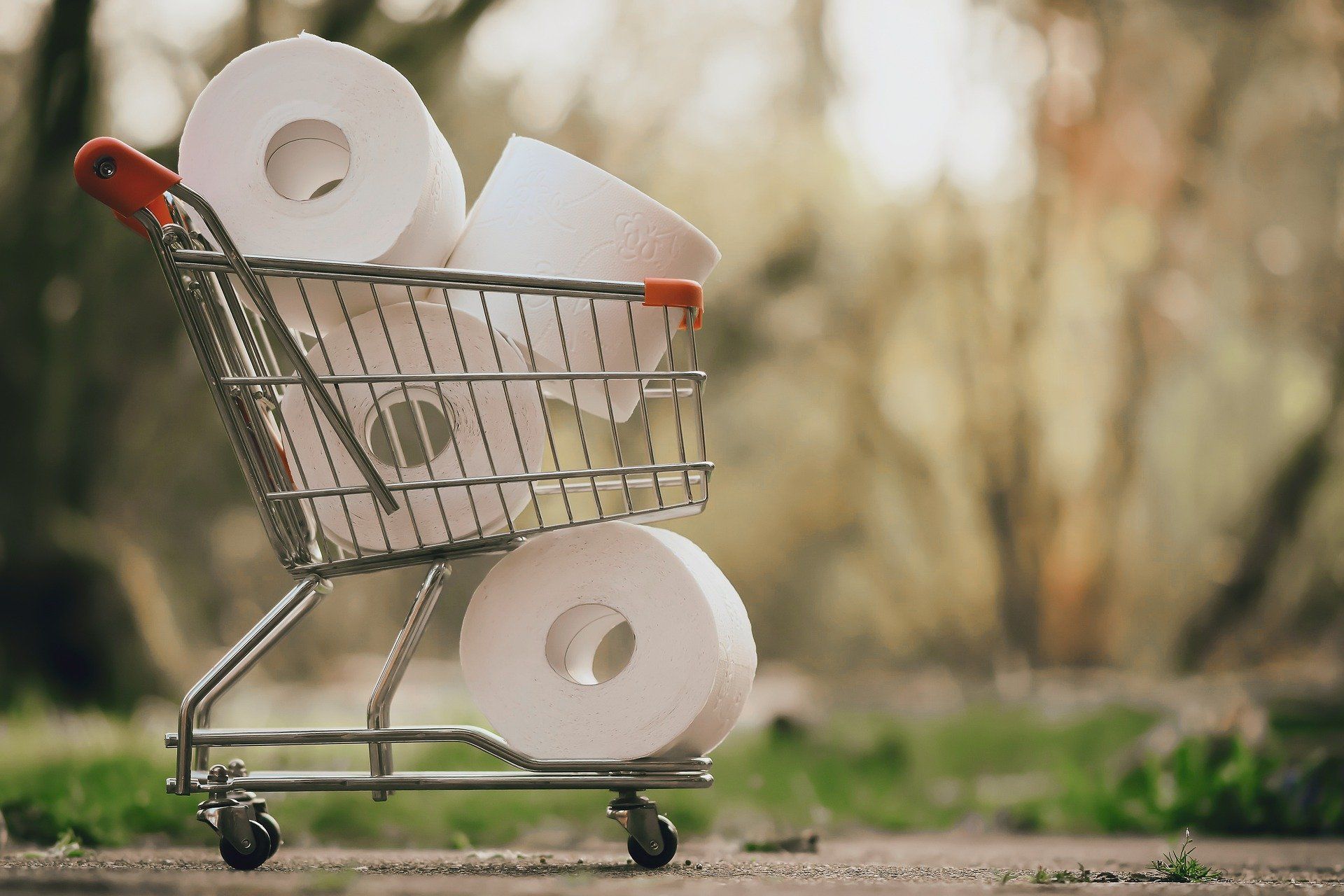
According to infectious disease, virology, and
food safety experts interviewed by NPR, we now know what you can and cannot
stop worrying about.
Remember
to be cautious of the people around you.
NPR's article reported that touching the food
shouldn't be your first concern. Every expert they talked with confirms that the
biggest risk is being inside the store with other people who could be infected.
Angela Rasmussen, a virologist at the Center
for Infection and Immunity at Columbia University's Mailman School of Public
Health, notes, "While it is possible to contract the virus [from contaminated
surfaces], the majority of transmission is probably going to be from
respiratory droplets, which you're exposed to when you're around other people."
Avoid
the store when it's busy and get in and out.
Donald Schaffner, a food microbiologist and
distinguished professor at Rutgers University, suggests finding a grocery store
that limits the number of shoppers allowed in at a time. Staying at least six
feet away from people in the store is crucial at this time, and efforts such as
these facilitate the practice of social distancing. Once you get in the store,
be quick with your shopping. It is important to get in and get out as soon as
you can, given the risk of being around other possibly infected people.
"Be as efficient as possible in the store,"
Schaffner explains. "Have a list. Move through the store quickly and
efficiently. Get out of the way. Be respectful of other people. Maintain social
distance while you're in the store."
Wear a
mask.
Given that many are asymptomatic with the virus, many are unaware they even have contracted the virus. The Centers for Disease Control and Prevention urges people to cover their faces when in public. Some stores have begun requiring shoppers to wear face coverings—less to protect yourself and more to protect those around you if you happen to be infected.
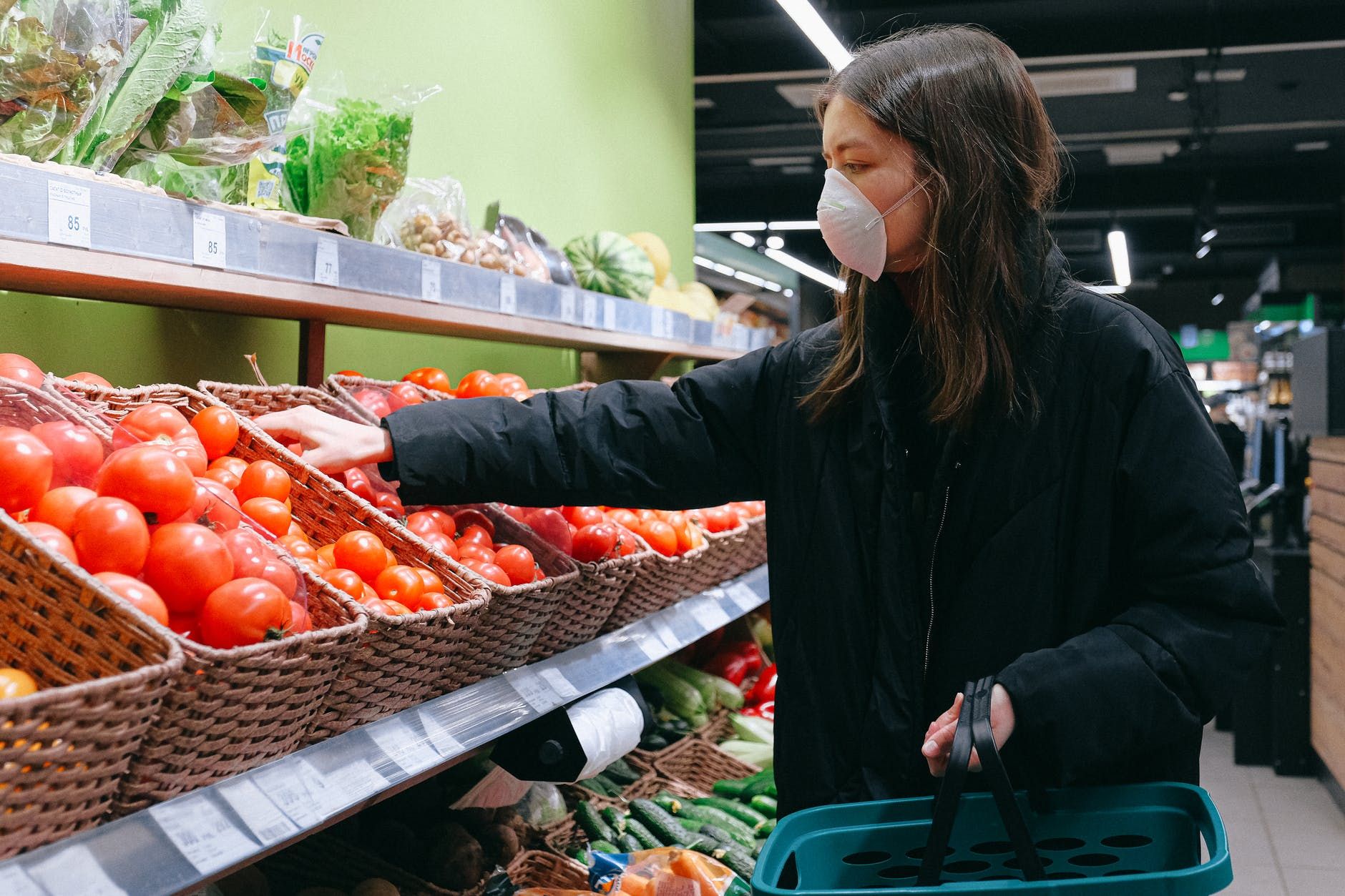
Go by
yourself.
Dr. David Aronoff, director of the Divisions
of Infectious Diseases at Vanderbilt University Medical Center, explains you
must go to the store alone. Bringing the whole family to the store only serves
to amplify the risk of contraction.
"If you have three people living together and
all three people go to the store, even if all three people have a low risk of
getting infected at an individual level, as a group, they've tripled their
risk, essentially," notes Aronoff.
Clean
the cart and keep your hands clean.
Once in the store, be cautious to sanitize the
handles on the shopping cart or basket right away. It is always a good idea to
bring your own wipes or sanitizer along with you. Of course, do not touch your
face while in the store and until you can wash your hands.
Rasmussen offers a tip: Don't use your phone
while in the store, because "the phone is a great way to get your hands right
up next to your face."
Forget
the gloves
"Gloves are not magic," Schaffner explains.
"Gloves don't make you invulnerable. As soon as you touch something with your
gloved hand, that contamination is on the gloves."
With which Rasmussen is in agreement: "I've
seen a lot of people wearing gloves out in public, and they just kind of wear
them all day and do a lot of normal activities, like talk on their phone,
potentially eat, potentially handle food that they're going to eat later with
those gloves on," she implores. "And that's not a great practice."
Make
sure to stand far from the cashier.
If you think you're anxious about going to the
store, imagine what it is like for the people who work there. Do your best to
protect their lives by staying at least six feet away while you check out.
Pick the option which allows for most social distance. Some checkout counters have plexiglass between the cashier and yourself, and if that is the case, Aronoff explains, going to the cashier is fine.
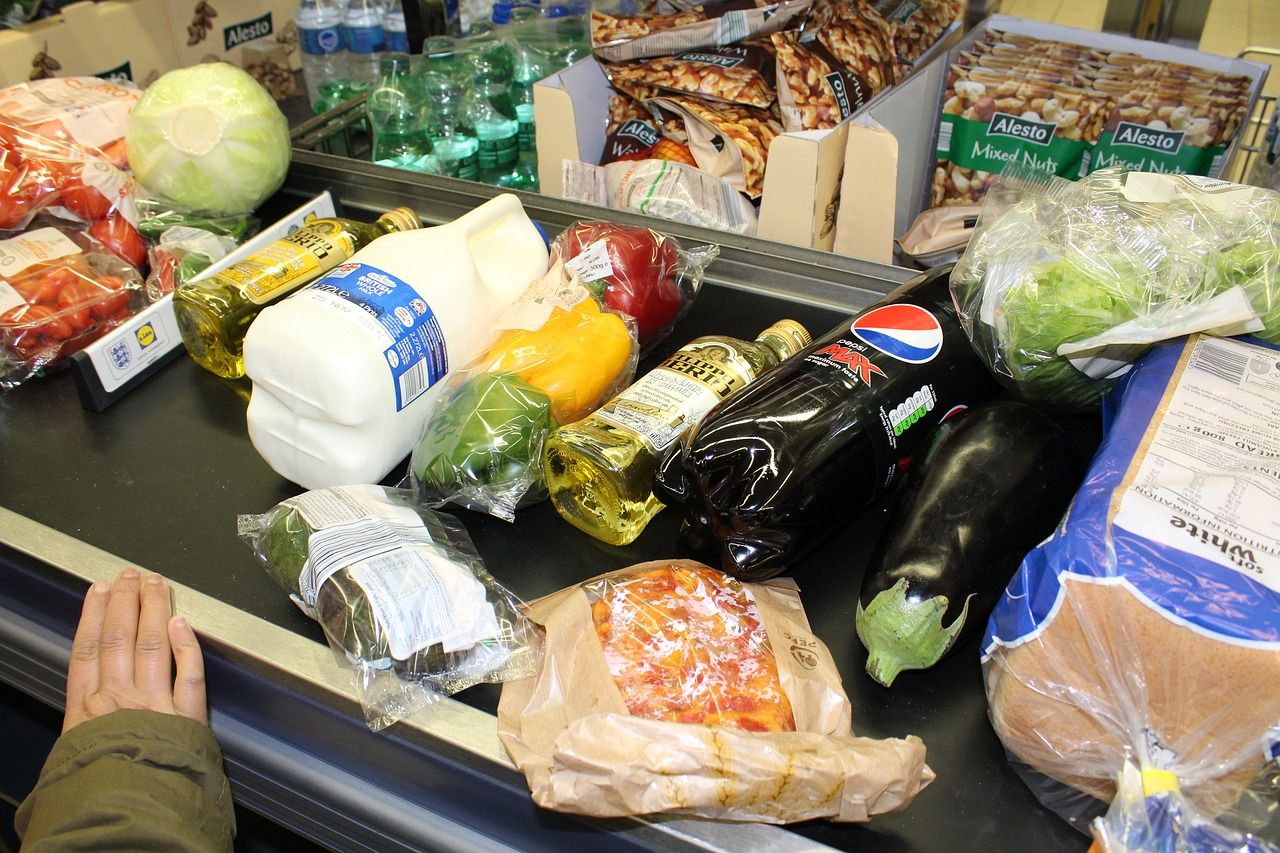
But
choose no-touch payment as much as you can.
If you have Apple Pay or Google Pay, use it to
your advantage. If not, some credit card machines can be no-touch, explains
Graham. Avoid cash when you can, since it can hold lots of microorganisms.
However, we don't know how long the virus can live on cash, Rasmussen notes.
While she doesn't want "to encourage people to be extreme germophobes," it is
crucial when using cash or credit to promptly sanitize your hands, and your
credit card, after you check out.
Don't
overdo the post-grocery store wipe-down.
In the wake of viral videos suggesting how-tos
on sanitizing your groceries, many shoppers have gone wild trying to clean
their groceries. However, all of the experts above note that disinfesting every
item is not necessary. It might give you comfort, but it is mainly that.
Rasmussen notes that the chances of
contracting the coronavirus from a surface is not zero, but it is quite low.
Respiratory droplets would have to land exactly where you touch. And even then,
you have to transfer the virus to your face. Basically, if you use clean-hand
grocery shopping practices, like washing your hands after putting everything
away before you cook or eat, then your probability of contracting the virus from
touching your groceries is "very, very low."
As Aronoff explains, "Time is really on your
side here," because when the virus lands on a surface, it is only due time
until it dies." After 24 hours, the vast majority of the virus is no longer
infectious," he notes. He explains that after 72 hours, the virus is
undetectable on most surfaces. Just be sure to wipe down your countertops after
you unpack your groceries.
You can always leave the food out for 24 hours if you're still nervous.
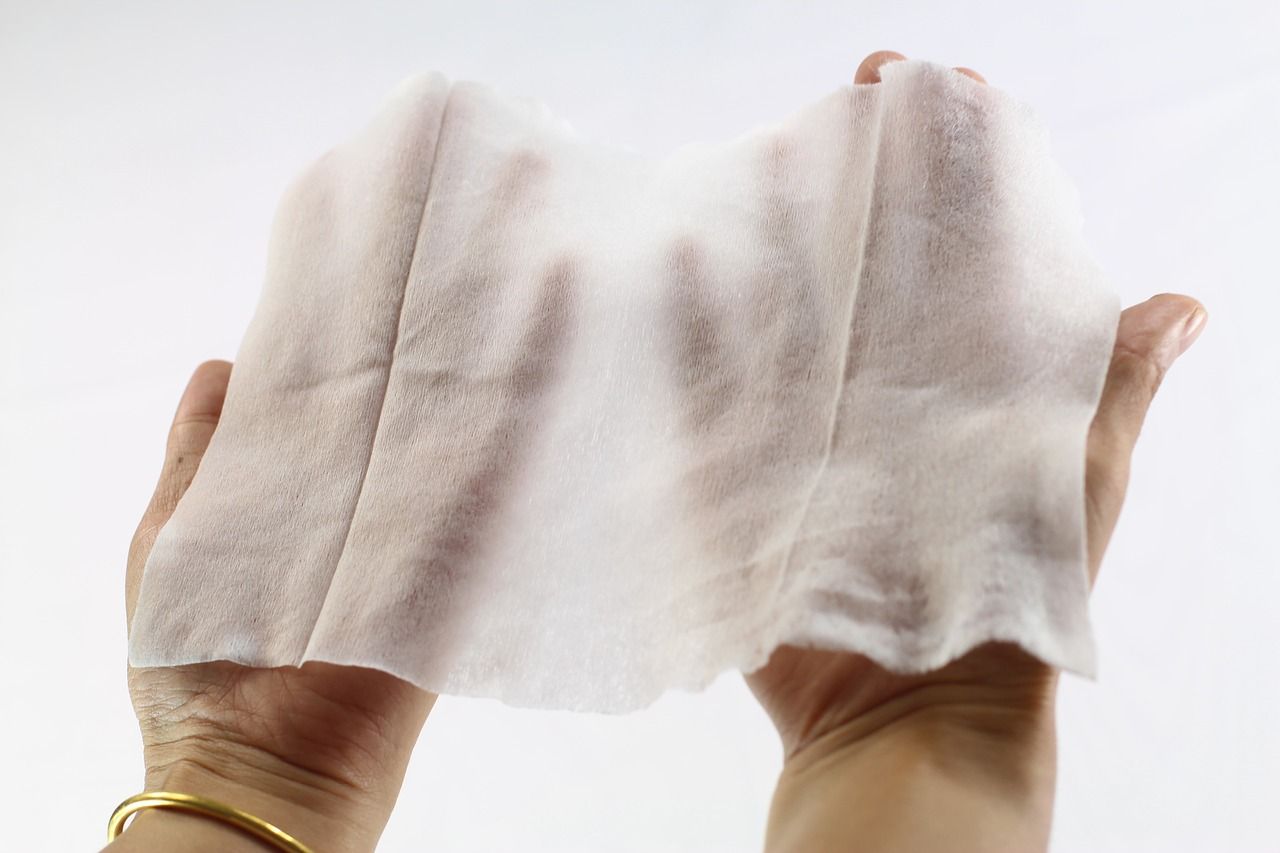
If
you're still going to wash your groceries, avoid disinfecting spray or wipes.
Graham urges people that if they are compelled
to wipe down their groceries, it is smart to use soap and water. "A lot of the
packaging that groceries come in is really not meant to be sprayed with
disinfectant, and you [could] actually end up contaminating your food," she
explains.
Schaffner added that disinfecting sprays and
wipes are supposed to be utilized on hard surfaces, rather than softer ones,
like that of food packaging.
Rinse
fresh produce in plain water.
Rinse your produce in cold water. Using soap
could lead to ingesting soap residue, which can cause diarrhea and vomiting.
Schaffner particularly urges people not to
reduce their veggie and fruit intake. "There's no evidence that these foods can
transmit the virus or can cause COVID-19," he explains. It also helps to note
that fruits and veggies can offer important nutrients, important in times of
great stress.
Should
you shower or change your clothes?
"I personally don't like to do a full de-contamination when I get home
from the store," notes Rasmussen. "I wash my hands. I'm not routinely putting
my face and mouth all over my clothing."
She also notes, "People with small children
might consider otherwise, since kids—especially little kids—are maybe not so
concerned about where they put their mouths or hands." It all depends on making
yourself feel comfortable. "If you feel more comfortable changing clothes and
taking a shower after you come back from an essential errand, then, by all
means, do so."
Graham suggests that if you live with someone
who is at higher risk for contracting the virus, showering and changing your
clothes might be a good move.
Too
scared to go? Order online.
If this is all too much for you and you want to practice the highest form of social distancing, then just order online. You can have your food delivered straight to your door, without contact with the delivery driver. It is important, nonetheless, that you know that if you stay home, there is still a person going out and getting your food—putting themselves at risk. Remember to tip generously.
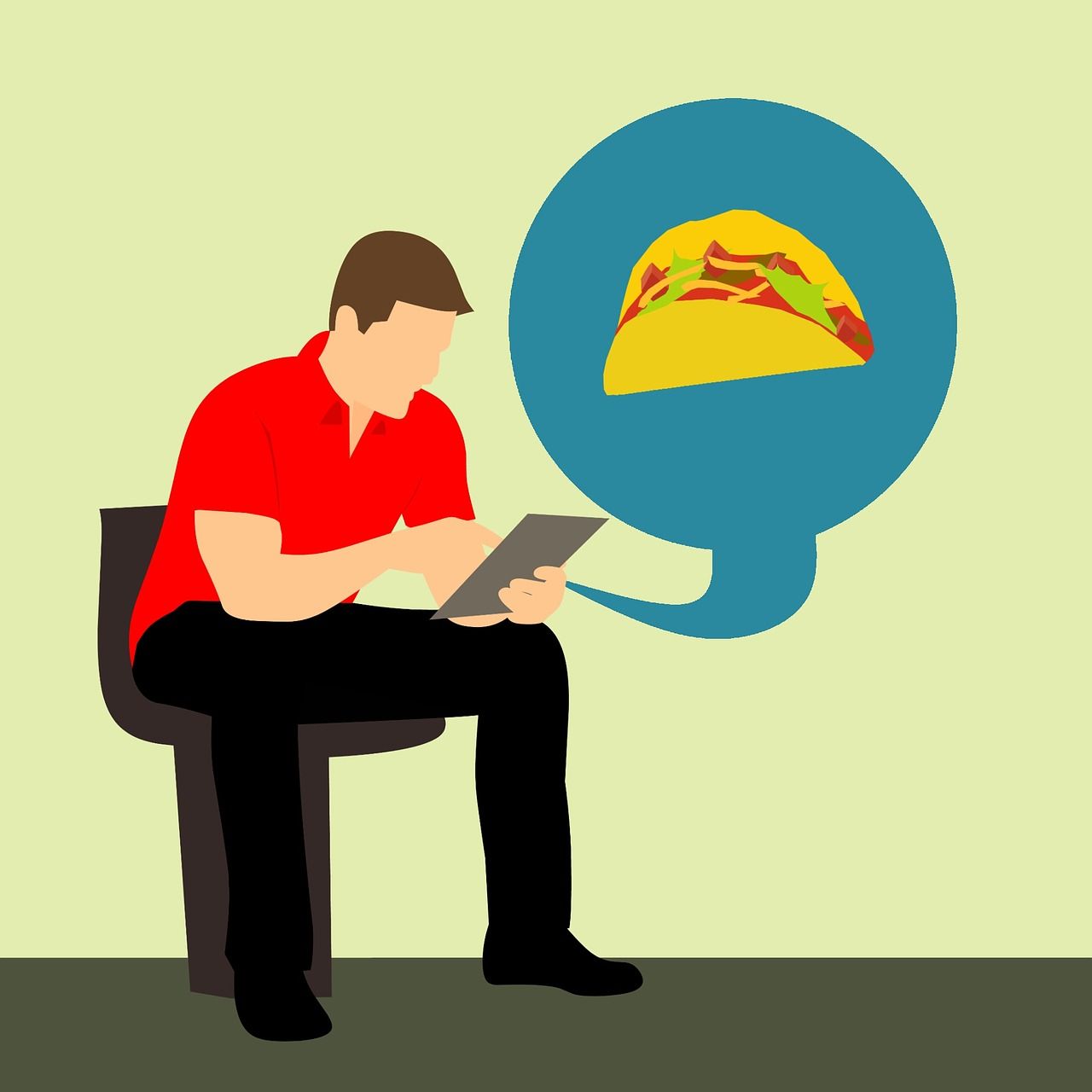
What
about frozen food?
Freezing food does not kill the virus. If
anything, it will allow the virus to live longer, as Graham explains. If you
are nervous about what to do with a frozen dinner, just throw out the packaging
and immediately wash your hands.

